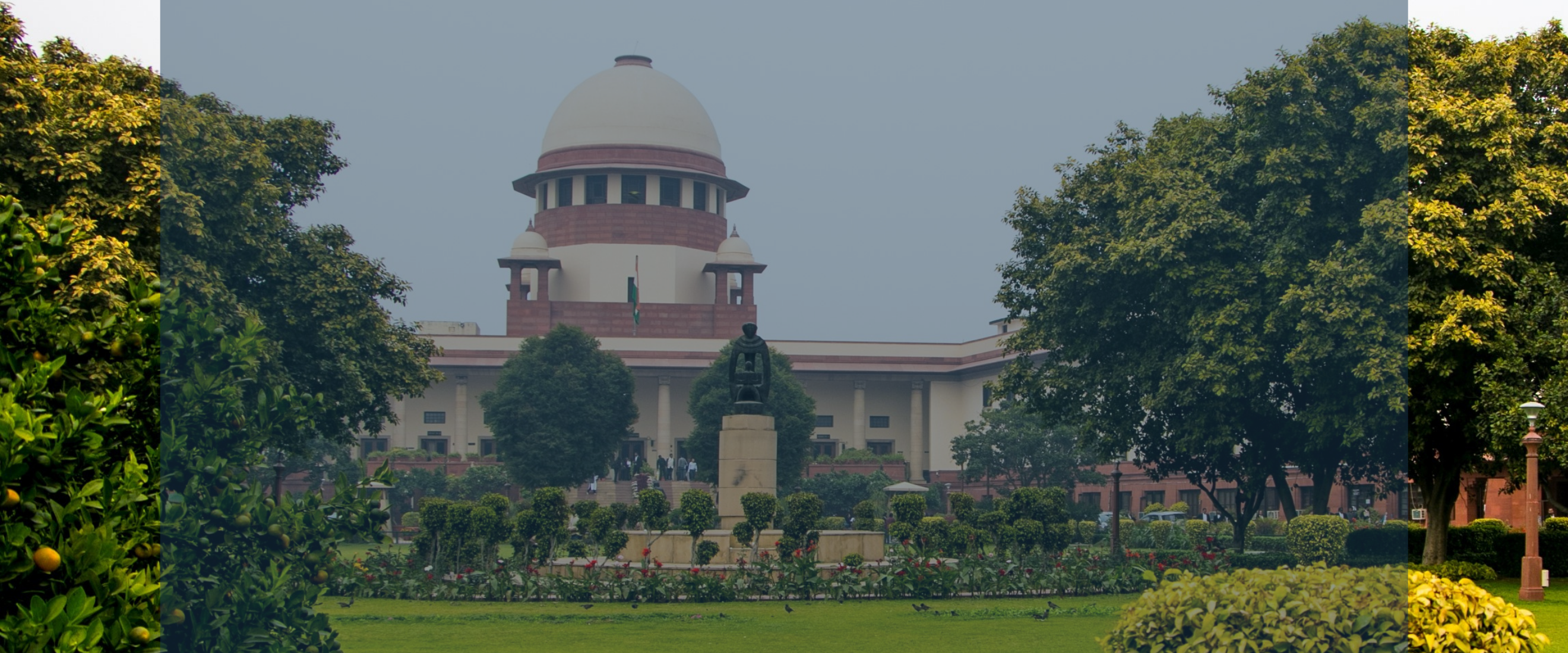Analysis
Week Ahead: Supreme Court, Apr 1-5, 2019
This week, the Supreme Court is expected to hear cases on VVPAT Verification, Tribunals and the Finance Act, Electoral Bonds, and RTI

What lies ahead this week in the Supreme Court?
50% VVPAT Verification: Earlier this year, 21 opposition parties approached the Supreme Court seeking Voter Verified Paper Audit Trail (VVPAT) verification of at least 50 per cent of EVMs during the upcoming General Elections. A Bench comprising CJI Ranjan Gogoi & Justice Deepak Misra had earlier directed the Election Commission of India to file an affidavit setting out reasons as to why physical verification of VVPAT paper trail should not be extended to more than one polling station per assembly segment. The case will be taken up for further hearing by the Bench on Monday, April 1st.
Tribunals & the Finance Act: A 5 Judge Constitution Bench of the Supreme Court comprising CJI Ranjan Gogoi, Justice NV Ramana, Justice DY Chandrachud, Justice Deepak Gupta and Justice Sanjiv Khanna is assessing the functioning of central tribunals. The Bench is hearing petitions seeking the implementation of earlier directions, requiring a nodal agency under the Ministry of Law and Justice to oversee the functioning of all central tribunals. Over the course of two days, the Bench heard arguments on behalf of the Petitioners as well as the Respondents and will resume hearing the case on Tuesday, April 2nd. It is likely to reserve judgment this week.
Electoral Bonds: The NGO Association for Democratic Reforms has filed a petition for challenging the electoral bonds scheme. The petitioners allege that the scheme allows for anonymous corporate funding in Indian elections and, further, that the scheme was illegally passed as a finance act to circumvent the Rajya Sabha. The Election Commission has filed an affidavit opposing the scheme. The matter will be heard on April 2nd.
RTI & Judicial Independence: The Supreme Court is assessing whether it falls under the Right to Information (RTI) Act. Can information regarding judicial appointments and transfers be disclosed to the public? The Bench comprising CJI Ranjan Gogoi, Justice NV Ramana, Justice DY Chandrachud, Justice Deepak Gupta and Justice Sanjiv Khanna is likely to conclude hearings in the Tribunals & Finance Act case and begin hearing case. It will decide whether Section 8(i)(j) of the RTI Act exempts the CJI from publicly disclosing information. The Central Public Information Officer of the Supreme Court has put forth two arguments for exempting the Court: a) privacy of members of the Collegium; b) independence of the judiciary.
Other Constitution Bench matters that may be heard:
- 2 Land Acquisition cases: The Court has constituted a 5 judge Bench to hear two related matters pertaining to Section 24 of the Land Acquisition Act, 2013. Section 24 pertains to a government land acquisition lapsing on account of the relevant authority failing to deposit compensation. The two cases are Indore Development Authority v Manohar Lal and State of Haryana v Maharana Pratap Charitable Trust.
- MLA Bribery case: Jharkhand MLA Sita Soren is accused of accepting a bribe in an exchange for her vote in the 2012 Rajya Sabha elections. She is claiming immunity under Article 194(2) of the Constitution, which prevents prosecuting a legislature ‘in respect of…any vote given’.